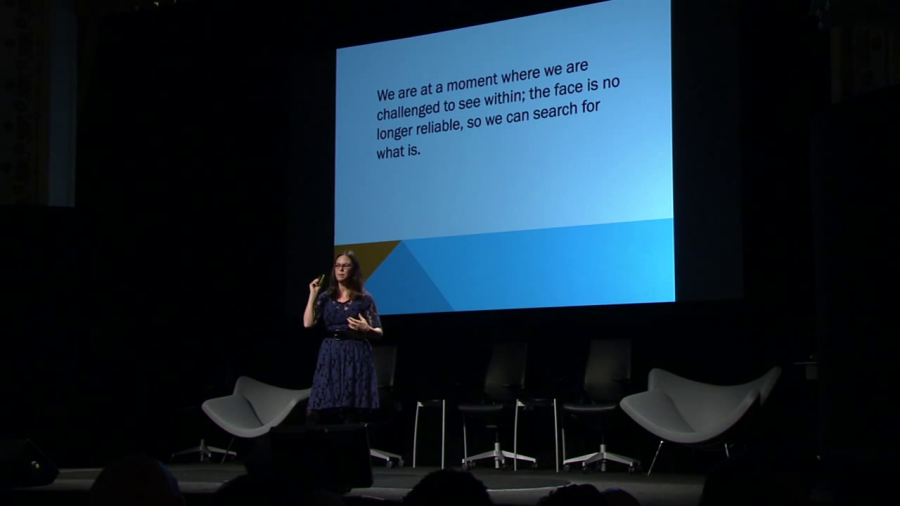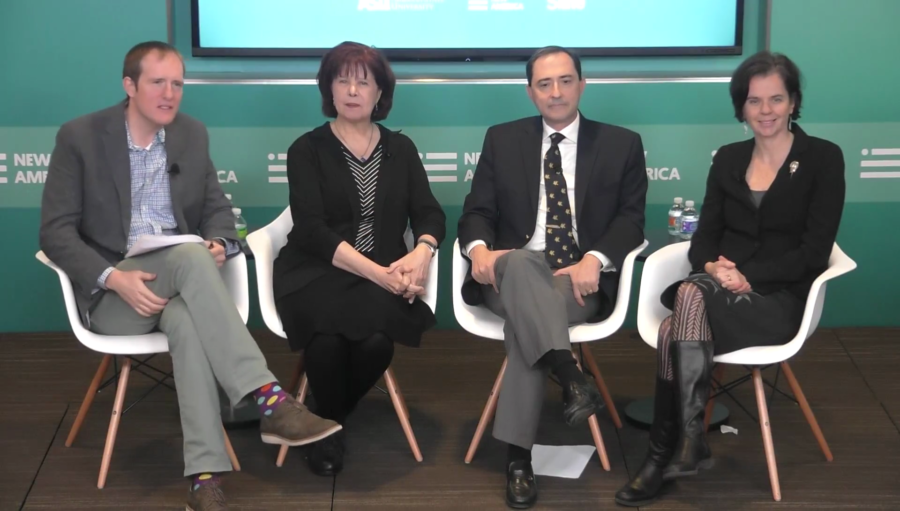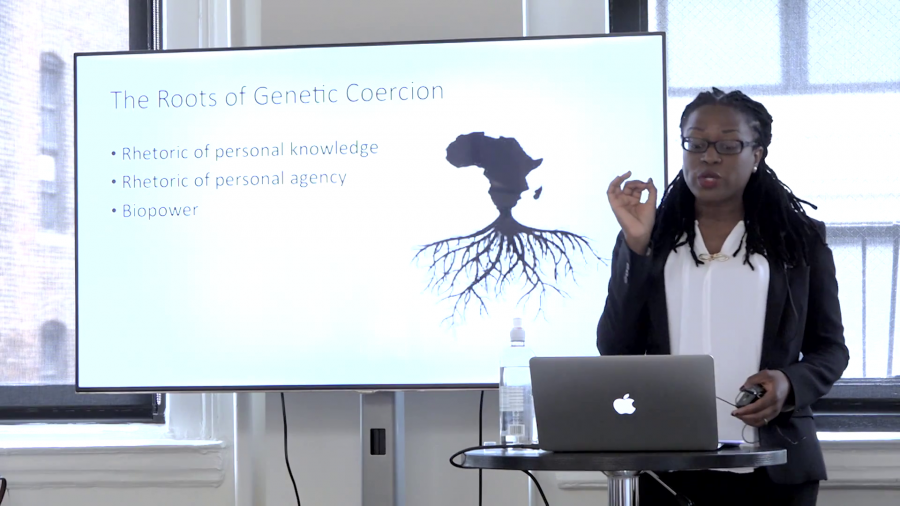In Shelley’s vision, Frankenstein was the modern Prometheus. The hip, up to date, learned, vital god who chose to create human life and paid the dire consequences. To Shelley, gods create and for humans to do that is bad. Bad for others but especially bad for one’s creator.
Archive

I think when you start using this technology for enhancement, that’s when you start to get into the domain of biohacking and kind of human augmentation. Well, I believe that this is a very fertile ground for people to explore, and I think that this involves willing participants who are trying to find out more about the world around them and trying to enhance the human experience. And I think we need to allow that innovation to take place.

Are there any limits to the connected workplace? Are there any concerns about the connected workplace? Is there any way in which you wouldn’t want either yourself or an employee to be connected? Are there any limits to the kinds of information we can gather in order to make our workforces more productive? In order to make our overall society more productive?

The French philosopher Immanuel Levinas has taught us that it is through our interactions with the face of somebody else, it is through encountering the face of another, that our responsibilities to someone else arise. You cannot look at somebody else, truly look at them, and then walk away without having some kind of sense of a relationship towards that person. But what if the other has no face? What then? Or what if the face of the other is actually the face of another person entirely?


